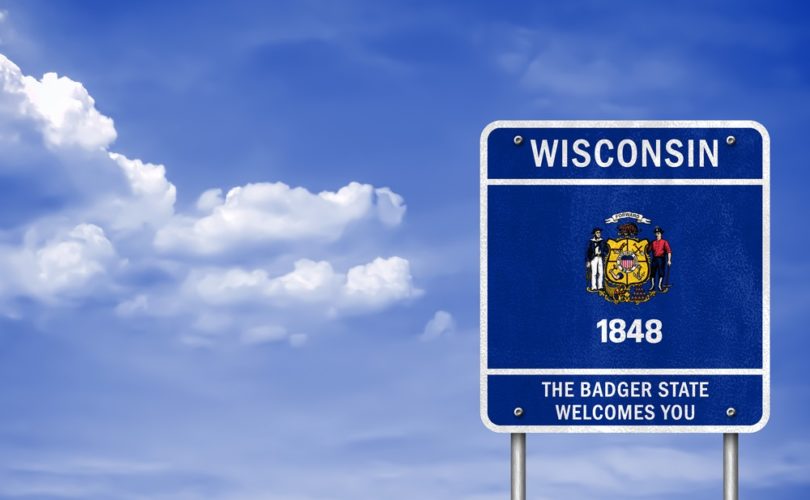
MADISON (LifeSiteNews) – Pro-lifers in the Dairy State are sounding the alarm on an effort by a handful of moderate Republicans to weaken Wisconsin’s abortion ban, which currently provides comprehensive protection to the preborn unless touched by lawmakers or invalidated by the state’s highest court.
When the U.S. Supreme Court overturned Roe v. Wade last June, it allowed scores of state pro-life laws across the country to be enforced for the first time in nearly half a century. Among them was Wisconsin Statute 940.04, a law dating back to 1849 that makes it a felony for an abortionist to commit an abortion for any reason other than to allegedly save the mother’s life. The law does not allow abortion-seeking women to be prosecuted.
On Wednesday, Republican state Sen. Mary Felzkowski and state Rep. Donna Rozar began circulating legislation that would amend the abortion statute to establish that it “does not apply to any pregnancy in the first trimester if the pregnancy is the result of sexual assault or incest,” as well as to modify the definition of “to save the life of the mother” to mean any “serious risk of death of the pregnant woman or of substantial and irreversible physical impairment of a major bodily function of the woman” or a “circumstance in which the fetus has no chance of survival, including a physical condition of the fetus that makes survival of the fetus outside of the uterus not possible, an anembryonic pregnancy, an ectopic pregnancy, or a molar pregnancy.”
The Milwaukee Journal Sentinel reports that the amendment has the backing of Republican Assembly Speaker Robin Vos, but the bill will be dead-on-arrival in the GOP-controlled state Senate.
“Further discussion on this specific proposal is unnecessary,” Senate Majority Leader Devin LeMahieu said in a statement. “The bill will not be considered on the floor of the Senate.” LeMahieu has said he would be open to clarifying the 1849 law’s language regarding medical complications, and noted that Democrat Gov. Tony Evers has vowed to veto any abortion legislation that does not restore the Roe status quo.
“A vote to add more exceptions to Wisconsin’s abortion ban is a vote to kill more preborn babies. It is that simple,” responded Pro-Life Wisconsin legislative director Matt Sande. “The fact is that legal abortion — the direct, intentional killing of a living preborn human being — is incapable of being justified. It is always and everywhere wrong, regardless of motivation or consequence. It may never be employed, even in the narrowest of circumstances, as a means to a greater end. It is incredibly disheartening that legislative Republicans are working to restore abortion to Wisconsin.”
Sande also offered a way to clarify the law’s medical language consistent with pro-life principles, by emulating the language of South Dakota’s 2006 abortion ban:
No licensed physician who performs a medical procedure designed or intended to prevent the death of a pregnant mother is guilty of violating section 2 of this Act. However, the physician shall make reasonable medical efforts under the circumstances to preserve both the life of the mother and the life of her unborn child in a manner consistent with conventional medical practice. Medical treatment provided to the mother by a licensed physician which results in the accidental or unintentional injury or death to the unborn child is not a violation of this statute.
In the meantime, Evers has threatened to give clemency to any abortionist prosecuted under 940.04, and Democrat Attorney General Josh Kaul says he will not prosecute anyone who violates it (both men won re-election to their current offices last November). But the threat of the law being enforced by lower levels of government has still gotten Planned Parenthood of Wisconsin to suspend abortions until the legal landscape changes.
Evers and Kaul have also filed a legal challenge to the law, claiming that modern state laws effectively cancel it out and that it was too old to have the consent of current Wisconsinites (a premise that, if adopted, would have drastic ramifications for all corners of American law). The fate of that challenge will likely rest with the outcome of an upcoming Wisconsin Supreme Court election on April 4.

